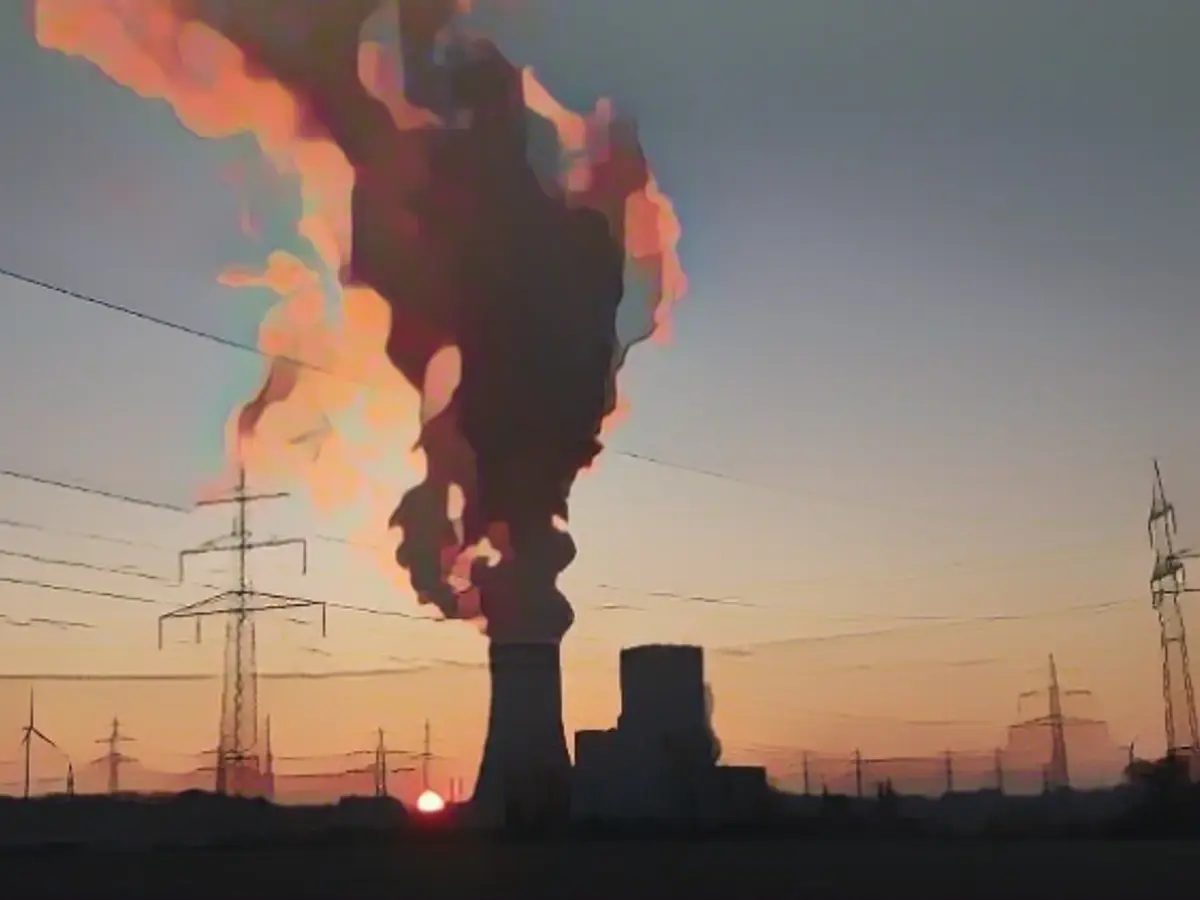The Coal Industry's Doubt in Early Coal Phase-Out in Germany
Based on the coalition agreement, Germany aims to derive 80% of its electricity from renewable sources by 2030. However, the Federation of German Industries (BDI) finds this objective impractical. As per BDI President Siegfried Russwurm, the absence of a strategy from Federal Minister for Economic Affairs and Climate Protection Robert Habeck regarding incentives for the construction of new gas-fired power plants is impeding the early coal phase-out in Germany.
No Power Plant Strategy from Habeck
Companies have been waiting for Habeck to unveil a power plant strategy, which originally was scheduled for the summer. The role of new gas-fired power plants is to serve as a backup during periods with no wind or sunlight to cover the electricity demand. They will initially operate with natural gas, later transitioning to climate-neutral hydrogen.
Unfortunately, energy companies are hesitant to invest in these plants as they are not yet financially viable. Habeck announced state subsidies in the billions but the German government faces budget constraints following the Federal Constitutional Court's ruling.
Cooperation Required for a Smooth Transition
Russwurm advocates for private-sector investment in new power plants in Germany, emphasizing that they need to be financially rewarding even with only a few operating hours per year. He supports the expansion of renewable energy sources but acknowledges the necessity for reserve power plants. The industrialist deems Germany still far from having enough storage capacity and the dream of hydrogen-capable gas-fired power plants a thing of the future.
Obstacles to an Early Coal Phase-Out
The German government assumed that it could import significant amounts of electricity from abroad at times when electricity is scarce within the country, and thus only required 25 gigawatts of additional capacity. However, this is an immense ambition that may not be achievable, leading to the possibility of maintaining coal-fired power plants on the grid to ensure security of supply. This could potentially set back climate protection efforts as the electric vehicles relying on coal-fired energy will contribute to increased carbon emissions.
Delay in Coal Phase-Out Virtually Certain
BDI President Siegfried Russwurm shares his skepticism in an earlier coal phase-out. He holds that building 50 gas-fired power plants at the same time in a few years is an unrealistic objective. With only a few manufacturers capable of producing hydrogen-capable gas turbines and the challenging and expensive process of their production, this ambition appears unlikely to be accomplished.
Sources & Enrichment Datum
Impact of reserve capacity concerns and the lack of financial viability for transition technologies is hindering an early coal phase-out in Germany. To address this, the focus must be on creating an optimal mix of renewable energy sources, storage, and backup capacities to ensure grid stability. Additionally, the development of hydrogen infrastructure and reducing the costs and regulatory hurdles for renewable hydrogen generation are key enablers for an effective energy transition.
We provide the foundation for businesses to thrive. Our platform is built with trust and integrity at its core, serving as a dependable and transparent source for useful and reliable information.








